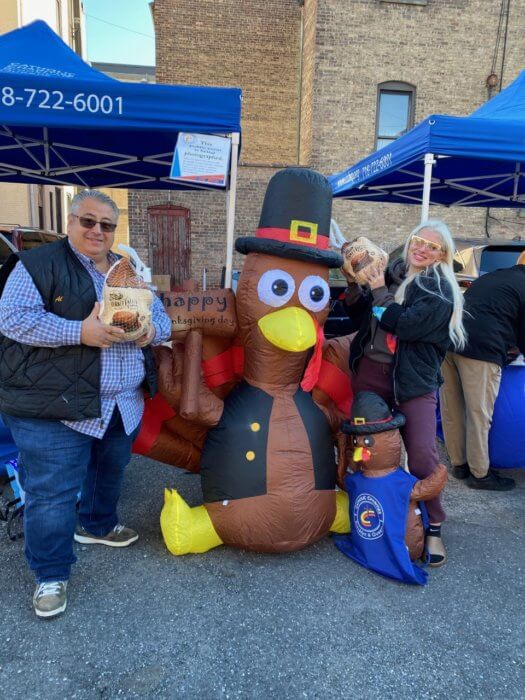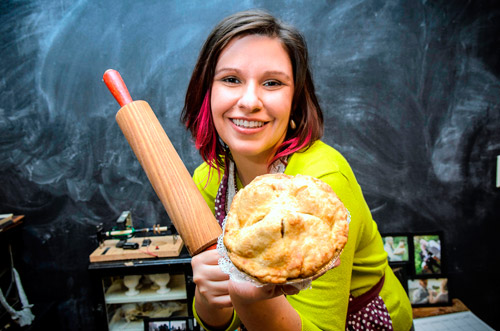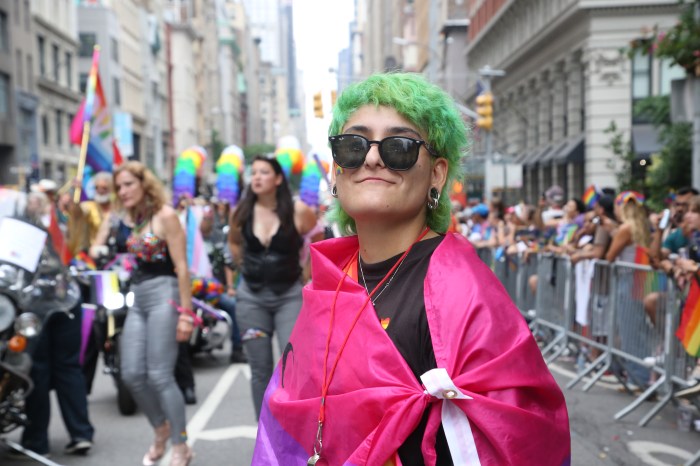Thanksgiving will soon be upon us, and while many Brooklynites are starting preparations for their bountiful meal, others are still struggling to get by. As the city approaches a second pandemic-era Thanksgiving, many charities are stepping up to the plate to make sure everyone has something to eat on Turkey Day.
The Catholic Charities of Brooklyn and Queens, for instance, are in the midst of a campaign to distribute 2,800 frozen turkeys to Kings and Queens County residents facing food insecurity. The group distributed over 800 turkeys to families at St. Francis of Assisi Church in Prospect-Lefferts Gardens on Tuesday, Nov. 16, and has two more distributions planned for Jamaica and Corona, Queens on Nov. 18 and Nov. 22, respectively.
A whopping 700 of Catholic Charities’ birds were donated by Al and Gabriella Catanese of Rockaway, Queens, who have been working with the group for six years to give away turkeys to those in need.
The Cataneses give away turkeys in honor of Al’s dad, also named Al, who owned a masonry company and would give each of his workers a turkey around Thanksgiving, a tradition carried on by the younger Al. The son told Brooklyn Paper that after he retired, he felt a sense of emptiness around the holidays when not giving away turkeys, leading him to connect with Catholic Charities to facilitate a distribution effort. Catholic Charities does not give away turkeys to anyone off the street, but rather relies on a voucher system decentralized among parishes that ensures the turkeys go to those in need.
“It’s a good feeling when you look somebody in the eye and wish them a Happy Thanksgiving,” said Catanese, who noted that hundreds of folks lined up at the Prospect-Lefferts Gardens giveaway. “And they appreciate it, because that turkey is going to good use.”

The group is also offering COVID-19 and flu vaccines at each of its turkey giveaways, where masks and social distancing are required. Catanese said that his brother died from Covid-19 this year, and this year’s giveaway is dedicated to his memory.
Elsewhere in Brooklyn, the Campaign Against Hunger, a nonprofit that operates food pantries and urban farms to combat food insecurity, teamed up with meal kit company HelloFresh to distribute over 1,000 turkeys and 1,000 boxes of sides to veterans out of its Canarsie warehouse on Nov. 17. On Nov. 18, the Red Hook Initiative and incoming City Councilmember Alexa Avilés will partner with DoorDash to give away turkeys at the Red Hook Community Senior Center, and on Nov. 22, Reaching Out Community Services will distribute over 500 free turkeys to Brooklyn children as part of its annual Operation Gobbler Giving.
Food insecurity is an enduring problem in New York City; nearly 1 in 5 New Yorkers are food insecure, according to City Harvest, including about one in three children. The problem was already stark before COVID-19 rampaged through the city, but the pandemic only exacerbated the issue as millions lost jobs and income.
On top of that, supply chain issues have caused the price of turkeys to ascend to record heights. A report last week by the federal Department of Agriculture pegged the average price of a frozen 16-24 pound turkey at $1.36 per pound, up nearly 20 percent from its $1.15 per pound price point last year. Consumers also have to shell out the shekels for a fresh bird as well, which costs about $1.44 per pound, up 9 percent from $1.32 last year.
The turkey squeeze is forcing some nonprofits to improvise. Masbia Soup Kitchen, which has operations in Flatbush and Borough Park, has for the past few years been giving out turkey parts rather than whole birds, which CEO Alex Rappaport says is more cost-effective for the nonprofit.






















